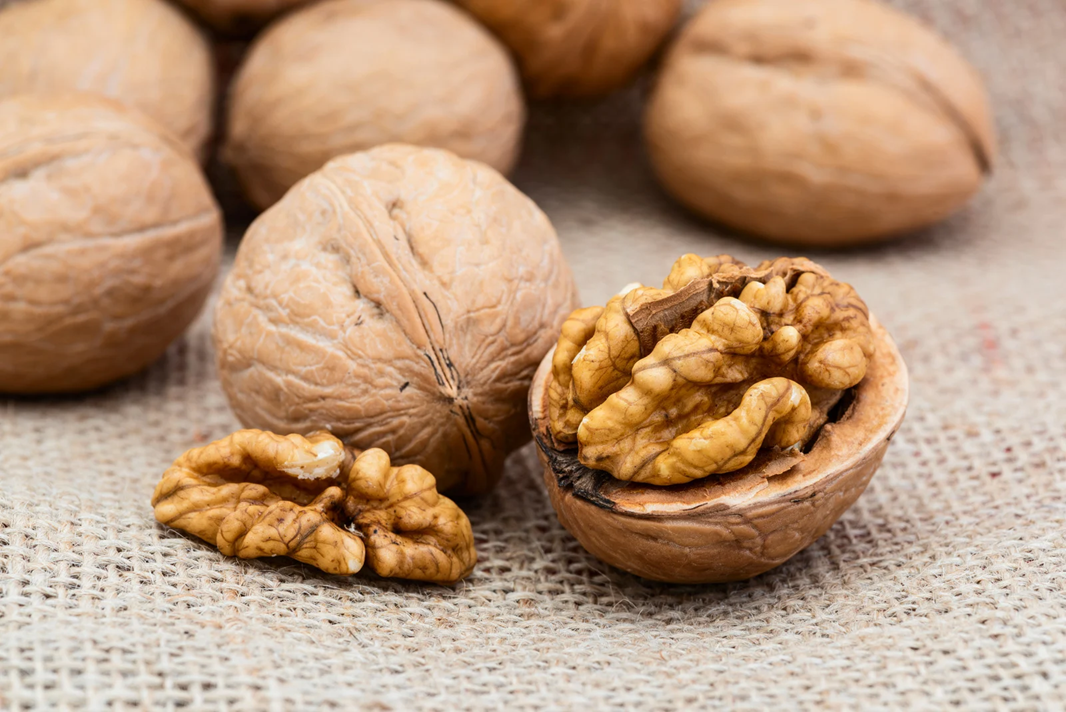
News Summary
Edited by Binding Protein Hub: Anna Damsbo Jensen, Research Scientist
A groundbreaking new study reveals how the food we eat can influence the bacteria living in our gut and potentially help trigger or prevent colon cancer. Using mouse models, scientists explored the combined effects of diet, microbiome composition, and genetics on colorectal cancer risk. What they found is both sobering and hopeful. When mice were fed a low-carbohydrate diet lacking in soluble fiber - a common feature of many modern, processed diets - and colonized with Escherichia coli strains that produce a genotoxin called colibactin, they developed significantly more colon polyps, a known precursor to colorectal cancer. The low-fiber diet caused inflammation in the gut lining and weakened an anti-inflammatory pathway controlled by a regulatory protein called PPAR-γ. This created a gut environment rich in nitrate, which not only promoted the growth of the harmful E. coli, but also enhanced its DNA-damaging activity through colibactin.Even more concerning, when this experiment was repeated in genetically vulnerable mice with impaired DNA repair mechanisms, the cancer-promoting effects of the bacteria became even more pronounced. The bacteria appeared to push these susceptible cells into a stressed, inflammatory state, further accelerating tumor development.But there’s good news, too. The same study showed that supplementing the diet with inulin, a type of soluble fiber, restored PPAR-γ signaling, reduced inflammation, and decreased the number of polyps. Similarly, drugs that activate this pathway provided protective effects.These findings highlight how deeply interconnected our diet, gut microbes, inflammation, and genetics truly are, and suggest that even everyday dietary choices could influence long-term cancer risk over time. Importantly, they also point to tangible strategies for reducing that risk: restoring balance through fiber-rich foods or targeting inflammation at the molecular level. In essence, the study adds powerful new evidence to the idea that our gut microbes don’t just coexist with us, they respond to what we feed them, for better or worse. And under the wrong conditions, some may turn into microscopic accomplices in cancer development.


.png)

